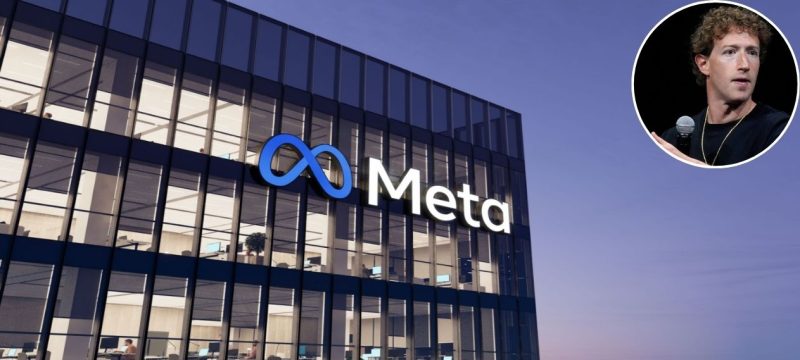Meta Platforms Inc. has revealed plans to reduce its workforce by approximately 5%, targeting its lowest-performing employees to improve overall efficiency and performance, according to an internal memo from CEO Mark Zuckerberg.
This new round of layoffs, set to affect around 3,600 employees, is part of Meta’s ongoing “Year of Efficiency” initiative aimed at streamlining operations. With a workforce of approximately 72,000 employees as of September 2024, this reduction follows a series of similar workforce cuts over the past year as part of a broader strategy to cut costs and realign teams.
Read more: Mark Zuckerberg and Donald Trump Meet Amid Policy Shifts at Meta
In a memo to employees, Zuckerberg highlighted that the accelerated pace of performance-based terminations was necessary to enhance the company’s performance management. Historically, employees had up to a year to meet expectations before facing dismissal, but the new approach shortens this timeline, making layoffs more immediate during the current cycle.
Zuckerberg stated, “I’ve decided to raise the bar on performance management and expedite the process of moving out low performers.” The company aims to achieve a 10% “non-regrettable” attrition rate by the end of this performance cycle, with half of that reduction targeted for 2024 alone. Employees deemed underperforming based on performance reviews will be the primary focus of these cuts.
Meta assured that affected employees would receive “generous severance” packages, though the decision has raised concerns internally and externally regarding the company’s changing workforce policies.
In addition to workforce reductions, Meta has also announced significant policy shifts. The company has relaxed its rules on content related to sensitive topics such as immigration and transgender rights, framing the move as a step toward promoting “free expression.” However, this decision has drawn criticism from employees and advocacy groups who argue it could harm marginalized communities.
Meta has further scaled back its third-party fact-checking program in the United States, sparking fears of increased misinformation on its platforms, which play a critical role in shaping public discourse. Additionally, the company has reduced its internal diversity programs, leading to backlash from critics who view this as a retreat from Meta’s earlier commitment to fostering inclusivity within its workforce.
These changes highlight Meta’s ongoing efforts to restructure its operations, but they have also ignited debate over the impact of these decisions on employees, public trust, and the broader digital ecosystem.









